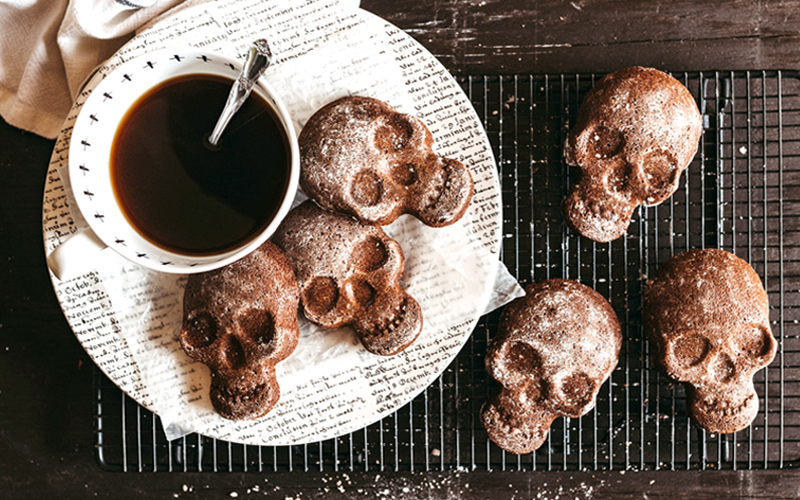In an average year, Halloween trick-or-treating kicks off a two-month sugar binge we call the holidays. Bowls of Halloween candy empty just about the time Thanksgiving desserts beckon. And then, December is a riot of parties and goodies, everything from boxed chocolates to candy canes to cocktails and cake. In this pandemic year, we’re all at home, and just about the only thing normal about the holidays seems to be the sugar.
“So, what’s the harm in a few treats?” you might ask.
Nothing, if we’re partaking of a “few” sugary snacks occasionally.
But the vast majority of us eat way too much sugar. Consider this: Two hundred years ago, most Americans consumed just 2 pounds of sugar per year. In 1970, the figure was 123 pounds per year. Today, we annually scarf down 152 pounds of sugar.
Think about that for a second. That means each American is eating 6 cups of sugar each week. That’s almost one cup per day.
“No way! I don’t eat that much sugar!” you exclaim.
You probably do, I’m sorry to say.
Why?
Soda. One can of Coke has about 11 teaspoons of sugar, just shy of the 13 teaspoons nutritionists consider a healthy daily intake.
While soda may be a bit obvious, remember that a lot of this sugar is hidden in processed foods. It’s added to ketchup, crackers, bread, tortillas, soups, cereals, peanut butter, cured meats and salad dressings, even salty foods like pickles. If it has a label, it’s processed. If it’s processed, it’s likely to have added sugar.
It’s always a good idea to check food labels for how many grams of sugar per serving. Remember that the food industry has come up with more than 50 names for sugar, including dextrose, maltose, lactose, malt syrup, panoche, and many others.
Why is all this sugar a problem?
Well, for one thing, it makes us gain weight. The physiology is complex, but this what you need to know: Processed sugar gets absorbed into the bloodstream lightning fast, often too quickly for the body to use. When the body has extra energy it can’t use, it turns that energy into fat.
Extra fat puts you at risk of a host of diseases, including biggies like cancer, heart disease, and diabetes. As your body puts on more fat and loses muscle, that leads to high blood pressure and heart disease. If you’re consuming loads of sugar, that puts a strain on your pancreas, the organ that produces the insulin the body needs to change sugar into a form the body can use. When the pancreas gets overloaded, it eventually starts to malfunction and can lead to Type 2 Diabetes.
Senior Healthcare: What can you do?
- Start thinking about “treats” as something special, not expected. Desserts are something to have once a day, or even less.
- Try to eat fewer processed carbs, bread, crackers, and so on.
- Be conscious of added whole grains, fruits, and vegetables to your diet. Every meal should include them.
- Drink water, not soda.
- It’s OK to drink alcohol, but in moderation, no more than two drinks per day for a man, one for a woman.
- Exercise at least 30 minutes a day. Even gentle exercise, like walking, can make a huge difference.
Enjoy the holidays!
Tune In Saturdays at Noon (PST) for High Noon with Dr Liz + Friends
Check Out Our Upcoming Workshops
Telehealth: One-To-One Education

Elizabeth (Dr Liz) has over twenty years of experience in providing medical care to the elders. She is board-certified in Internal Medicine, Geriatric Medicine and Palliative Care Medicine. Dr Landsverk founded ElderConsult Geriatric Medicine, a house calls practice, to address the challenging medical and behavioral issues often facing older patients and their families.


